Sharmeen Obaid Chinoy is among the most dynamic personalities of the world. Her golden career is filled with reputed global awards. A Pakistani-Canadian journalist, she won an Oscar award for her documentary, ‘Saving Face’ in 2012 and an Emmy for her documentary, Pakistan: Children of the Taliban in 2010.
She is also the first non-American to win the Livingston Award for young Journalists. She is Pakistan’s first female Oscar winner and happens to be among the few film makers of sub-continent to bag this coveted award.
The Pakistani President conferred the Hilal-e-Imtiaz on Obaid-Chinoy on 23 March 2012, for bringing honor to Pakistan as a filmmaker. Time magazine featured Chinoy in the annual list of the 100 Most Influential People of the World for 2012.
Chinoy was born into a Muslim family in Karachi to well-off Gujarati speaking parents.
Recently, Chinoy was presented the ‘Crystal Award’ by Hilde Schwab at the 2013 World Economic Forum meeting for her efforts in promoting human rights and women’s issues through film. The award was given at the official Crystal Award ceremony held at the World Economic Forum Congress Centre, Congress Hall in Davos, Switzerland.
In an exclusive interview with Kashmir Scenario’s Rameez Makhdoomi, Sharmeen Obaid Chinoy reveals how she became a world-renowned Documentary film maker.
Tell us what motivated you to become a documentary film maker?
I was in my senior year at Smith College in the US when the September 11th attacks took place. Witnessing the entire Western world shift their focus towards the East, I felt it was my duty to become a representative; someone to carry the stories from one side of the world to the other. I wanted to be a bridge between the two regions, communicating the woes of the East from their own perspective, in a way that the West could understand it. Though there was already much representation, it did not convey the true sentiment of the people. I wanted to convey the voices of the ordinary citizens and not that of the government and the people in power. It was then that I decided films would be the most effective medium for this.
How tough was the career struggle?
I began writing for different publications when I was 14, and continued to do freelance work throughout college years. When I turned towards filmmaking, however, I had no prior experience and had to apply to 60 production houses before I got my first big break. New York Times Television gave me the opportunity to make my first film, Terror’s Children. After shooting for a few weeks and returning from the field we realized that the sound was missing from all our footage. We had to go back in and redo everything! Though it has been smooth sailing since then, I still learn something new every time I make a new film. The experience is still very rewarding.
Who has been your role model?
I have and always will look up to my father. He always encouraged me to work hard and persevere towards my goals. He taught me to never take no for an answer. I would not be where I am today if it was not for him.
How cooperative has been your husband in your endeavors?
I got married young and my husband has been there for me throughout my career. I feel very blessed to always have his support.
Is Sharmeen still the same after receiving the Oscar? Are you still accessible to your love ones and fans?
Of course. I credit my success to my family because without their support and encouragement I would be nowhere. The Oscar has reinforced my belief that hard work gets results. This achievement has allowed me to convey the stories of the survivors in ‘Saving Face’ to an even larger global audience. Now more than ever, I am dedicated to telling the stories of marginalized communities to the wider world.
Do you have love for any political party of your country?
No. I am apolitical.
How seriously is the issue of acid victims, highlighted by your award winning documentary taken now in Pakistan?
Although ‘Saving Face’ and the attention it has generated is shedding light on the phenomenon of acid violence, there is still a long way to go. For this reason we are launching an educational outreach in Pakistan. We will be disseminating educational information in the rural areas in hopes of making people aware of the severe and long-term consequences of acid attacks. We will also be working on implementing the new legislation which criminalizes acid violence. The campaign will launch public service messages on the television and radio, as well as a social media campaign.
What does the future hold for Pakistan?
Despite Pakistan’s innumerable problems there is much to hope for. In certain segments there are already people who are working towards overcoming Pakistan’s issues. We must realize and acknowledge these positive movements in the country. Although we have a long way to go, and more segments of Pakistani society must do their part in order to achieve change, there are strong indicators that we will get there.
Would you like to visit Kashmir and make a documentary?
I would love to. I am exploring the option but I am not certain I will be able to make a documentary there.
What is your message to people? Any specific message for your kashmiri fans?
Kashmir is such a beautiful part of the world. I would urge people to travel there and experience the beauty and culture. I would love to see Kashmir flourish.





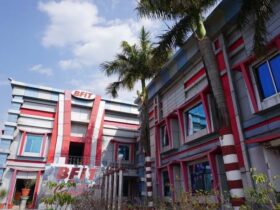



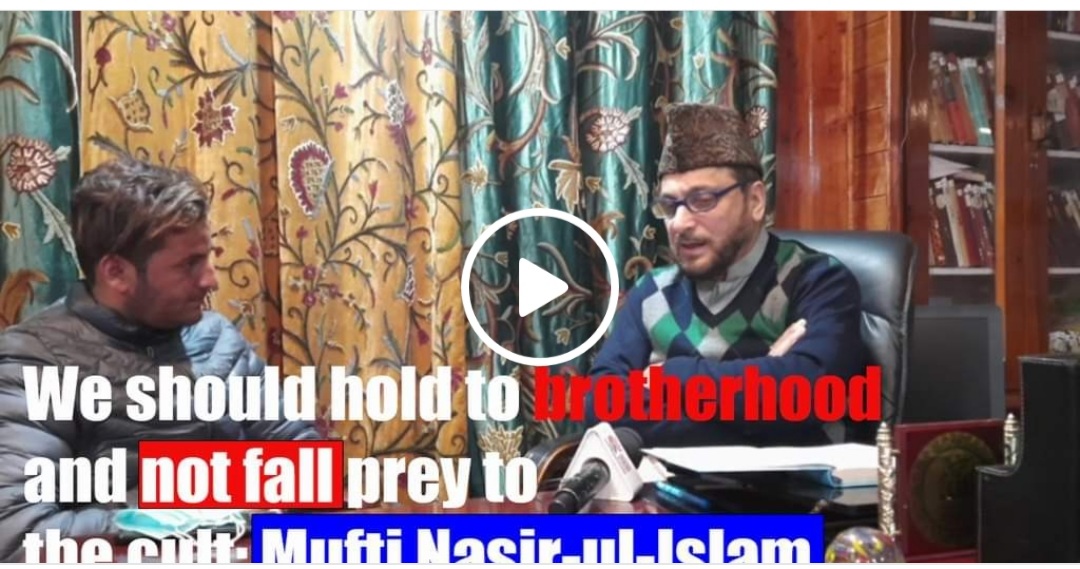

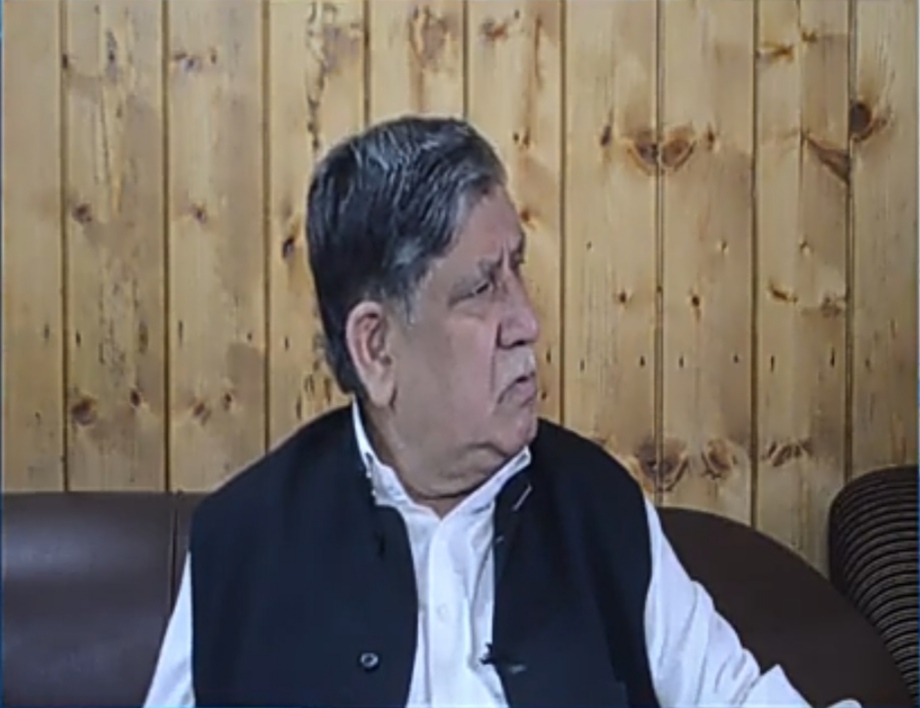
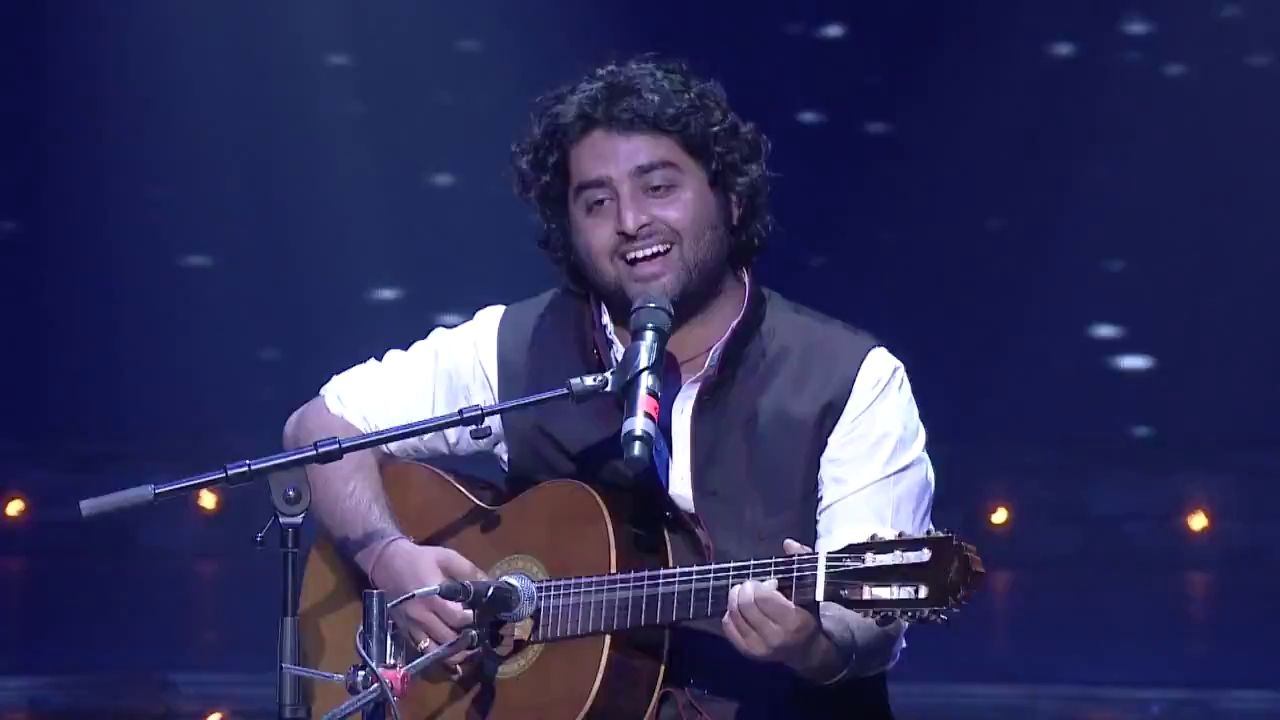
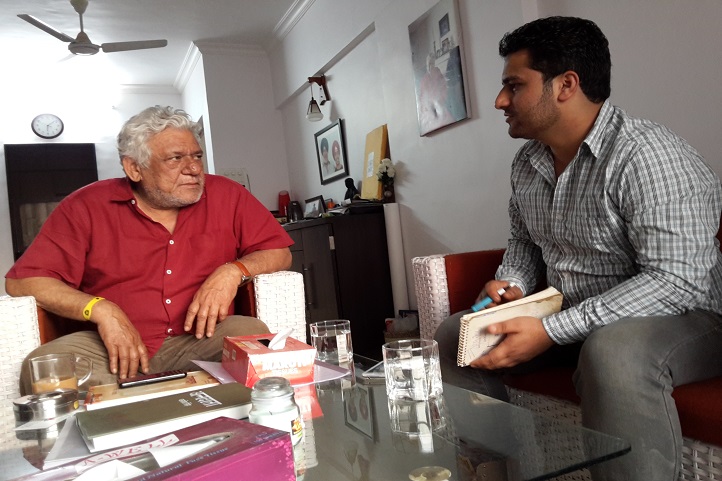
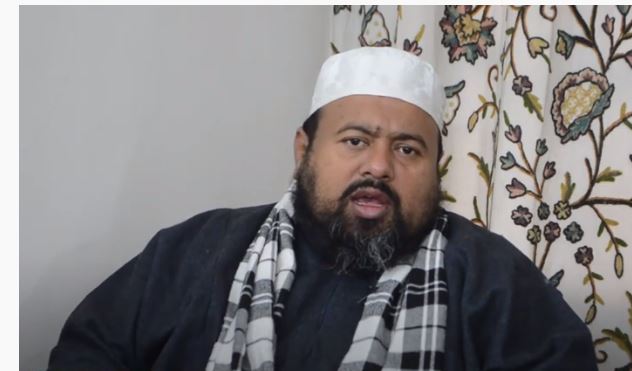
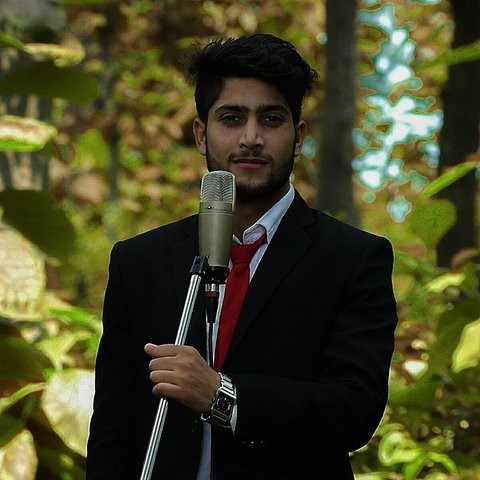
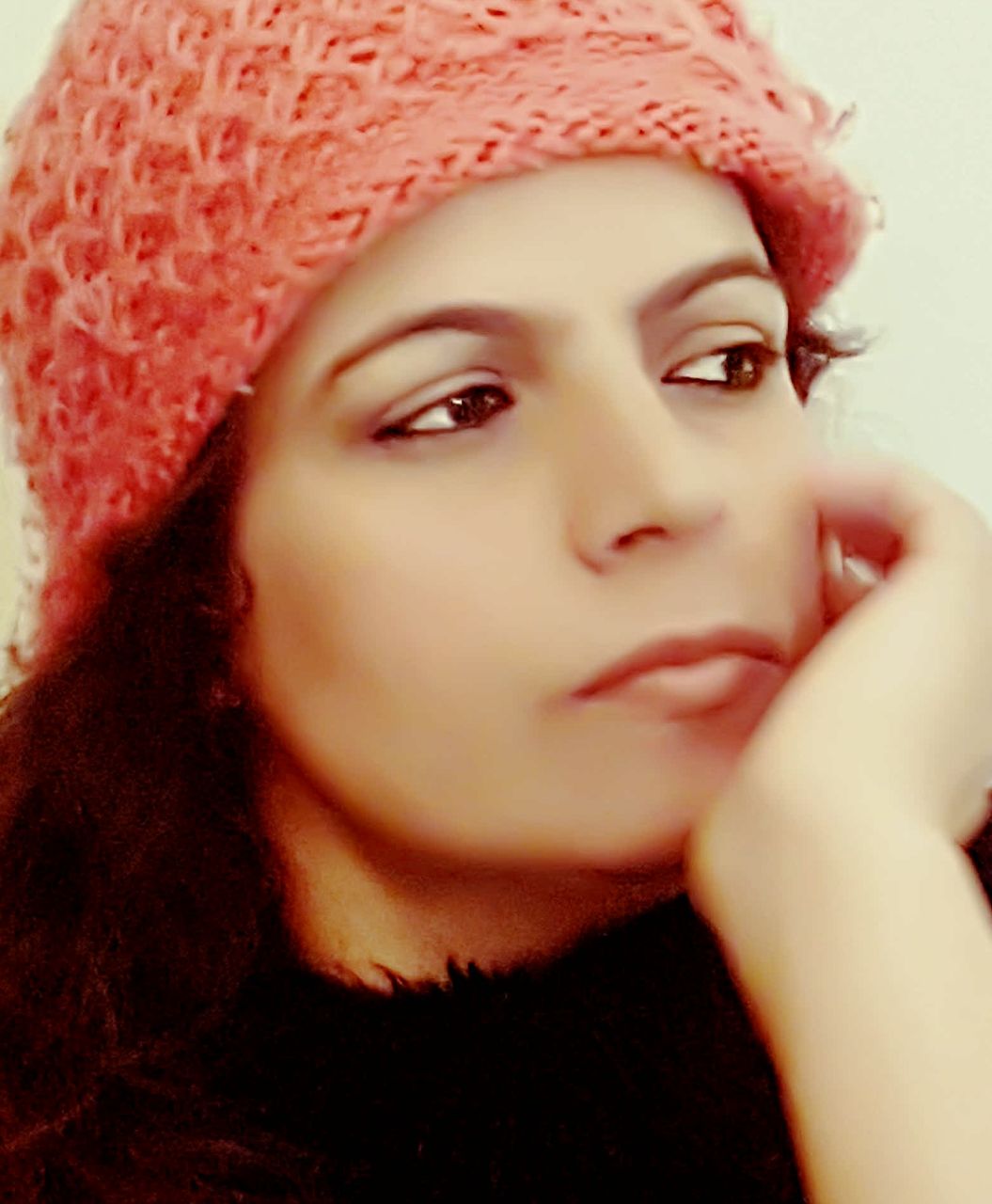
Leave a Reply